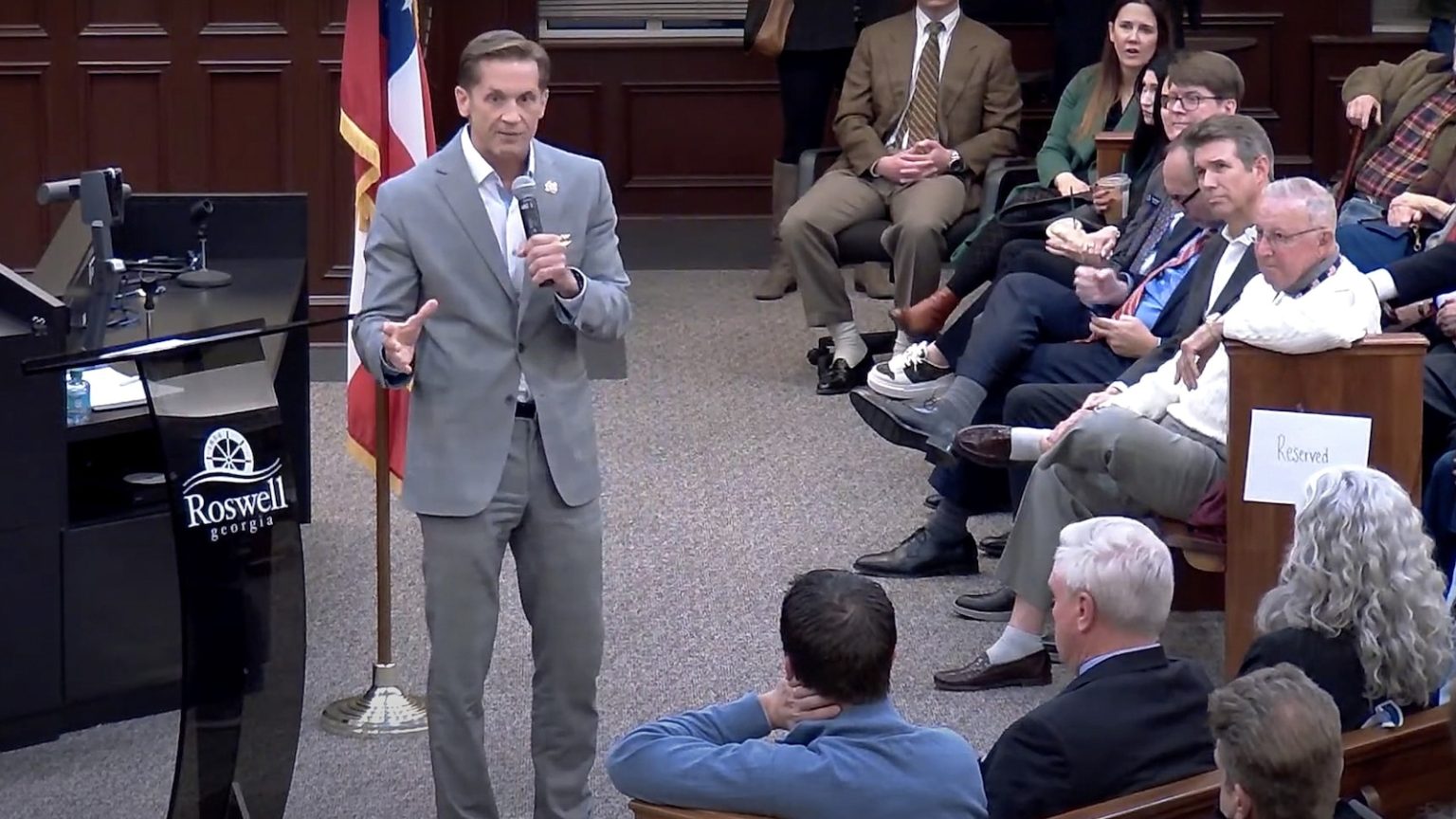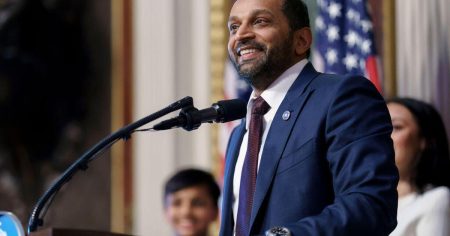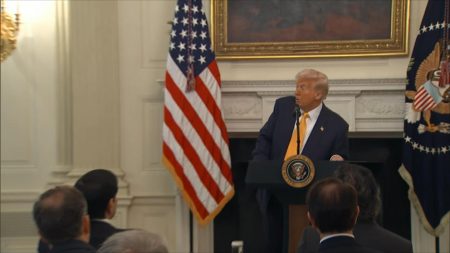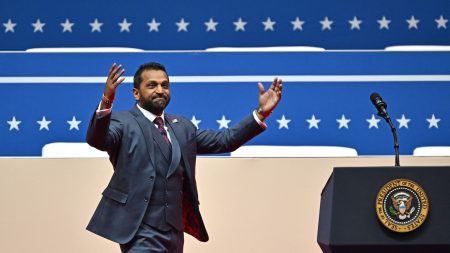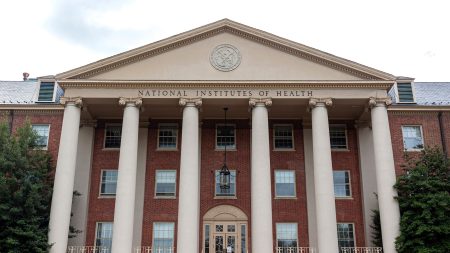Republican Lawmakers Face Backlash in Hometowns Over Trump and Musk’s Federal Cuts
Overview of the Backlash
In recent weeks, several Republican lawmakers have faced intense scrutiny and frustration from their constituents during town hall meetings. The primary focus of this backlash has been the severe cuts and firings implemented by President Donald Trump and Elon Musk’s Department of Government Efficiency (DOGE). These actions, which include widespread employee terminations and significant budget reductions, have sparked widespread concern and anger among voters, even in deeply conservative districts. Representative Rich McCormick (R-Ga.) experienced one of the most heated town halls in Roswell, Georgia, where constituents expressed outrage over the layoffs, particularly at the Centers for Disease Control and Prevention (CDC), located just 20 miles away. McCormick struggled to defend Trump and Musk’s overhaul of the federal government, as the crowd frequently interrupted him, shouting over his explanations and challenging his support for the administration’s policies.
Key Issues Raised in Town Halls
The town hall meetings have highlighted several key concerns among voters. Many are upset about the abrupt and seemingly callous nature of the firings, which have left thousands of federal workers without jobs. For instance, one constituent in Roswell emotionally criticized the lack of humanity in the layoffs, arguing that downsizing the government could be done with dignity and respect for the hardworking employees being let go. Another major point of contention has been the perception of overreach by the executive branch, with some voters accusing President Trump of behaving like a "king" or exhibiting "tyranny." This sentiment was encapsulated by a constituent who introduced herself as a descendant of Patrick Henry, the Revolutionary War orator, and demanded that McCormick and other lawmakers take action to "rein in the megalomaniac in the White House."
In addition to the federal cuts, Trump’s recent comments on Ukraine have also come under fire. When McCormick was asked about Trump’s claim that Ukraine was responsible for its own invasion, he attempted to express support for Ukraine but was quickly drowned out by shouting from the audience. Similarly, Representative Scott Fitzgerald (R-Wisc.) faced tough questions about Trump’s collaboration with Musk, with one constituent asking how she could feel represented if Fitzgerald refused to speak out against the administration’s actions. These exchanges reflect a growing frustration among voters who feel their representatives are not holding the administration accountable for its controversial decisions.
Mixed Reactions from Lawmakers
While some lawmakers, like Representative Tracey Mann (R-Kansas), have been pressed to specify where they would draw the line in supporting Trump and Musk’s policies, others have attempted to defend the administration’s actions. For example, Representative Randy Feenstra (R-Iowa) highlighted instances where cuts were reversed after constituent complaints, encouraging voters to reach out to his office if they encounter problems. Similarly, Representative Nick Begich (R-Alaska) emphasized the importance of constitutional checks and balances, stating that the courts would step in if the executive branch overstepped its authority. However, these responses have often failed to quell the concerns of constituents, who are demanding more direct action from their elected officials.
Emotional Toll and Public Reaction
The emotional toll of these cuts and the perceived disregard for workers’ welfare has been a recurring theme in the town halls. A woman in Oregon broke down in tears while addressing Representative Cliff Bentz (R-Ore.), expressing her support for fiscal responsibility but urging lawmakers to implement cuts in a way that treats people with dignity. Her plea resonated with many in attendance, as similar concerns were voiced in other districts. Meanwhile, some voters have expressed broader fears about the direction of the country, with one Alaskan constituent warning that the executive branch seems willing to remove the "guardrails" on its power, undermining the system of checks and balances.
Administration’s Defense of the Cuts
Despite the growing backlash, the Trump administration has remained defiant, insisting that its actions are necessary to root out "waste, fraud, and abuse" in the federal government. White House Press Secretary Karoline Leavitt dismissed criticism as overblown, claiming that the majority of Americans support the administration’s efforts. President Trump himself has boasted about his high poll numbers, though this claim is at odds with Gallup data showing his approval ratings are among the lowest for a president at this point in their term since 1953. Trump and his allies continue to frame the cuts as a fulfillment of campaign promises, arguing that they are delivering on their pledge to restructure the government.
Conclusion and Broader Implications
The tense town halls underscore a deeper challenge for Republican lawmakers: balancing loyalty to the administration with the need to represent the concerns of their constituents. While some voters continue to support Trump and Musk’s efforts to overhaul the federal government, others— even in deep-red districts— are expressing alarm over the speed and severity of the cuts. As the backlash grows, lawmakers will face increasing pressure to address these concerns and demonstrate their commitment to holding the administration accountable. The coming months will likely see more heated debates, both in Washington and in hometowns across the country, as the implications of these policies continue to unfold.





